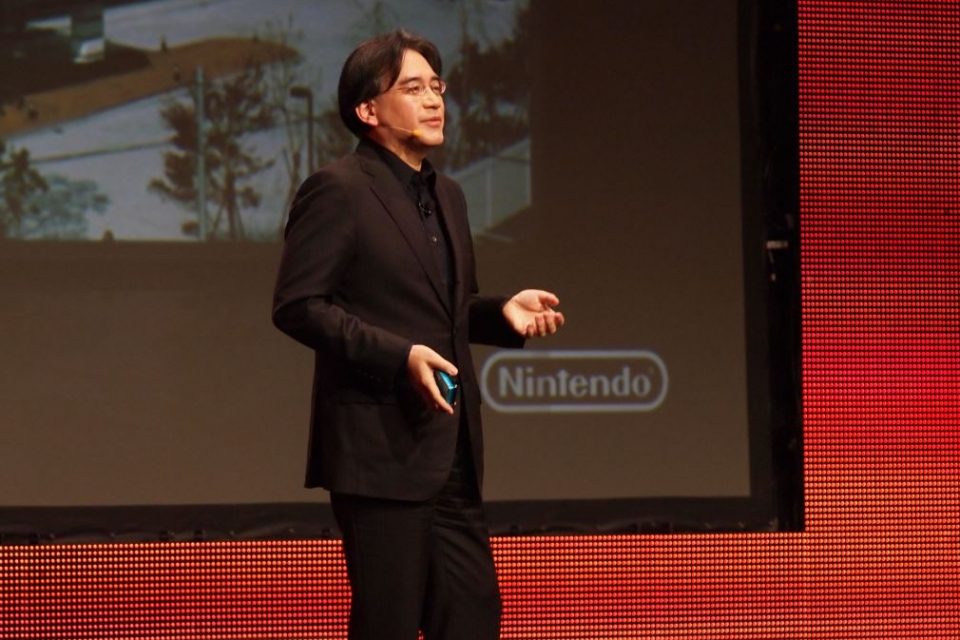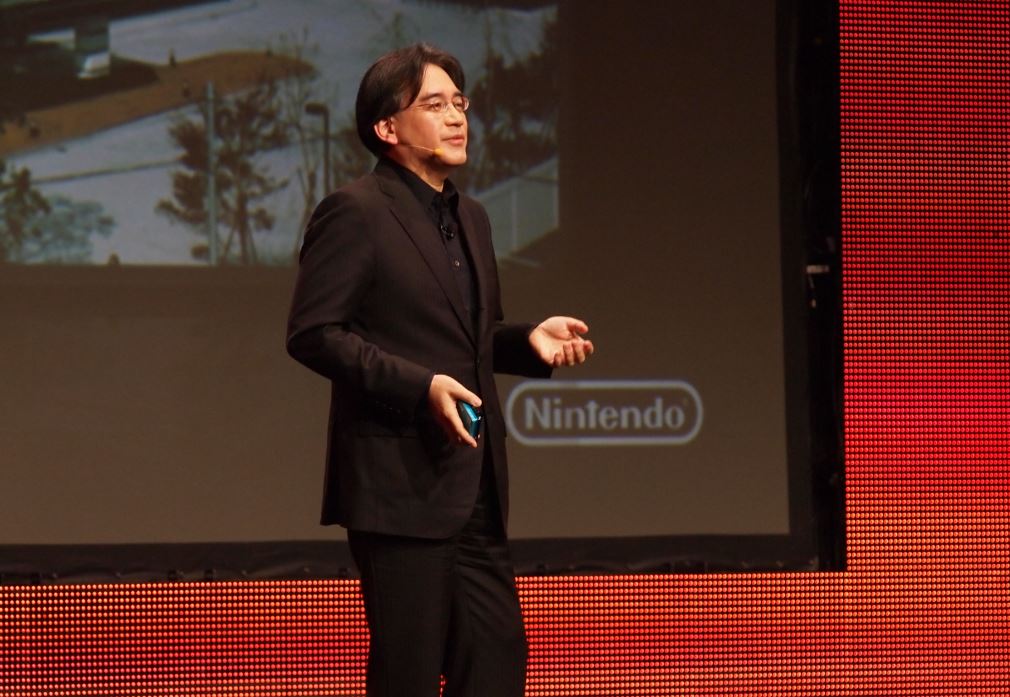Thick Thighs Save Lives
NeoGAF's Physical Games Advocate Extraordinaire

According to a recent article by GamesIndustry Japan, a Nintendo executive once attributed the following quote to the company's late CEO Satoru Iwata: "Things that are praised don't sell – it's the things that are criticized that sell. It is best to earn a divided response."
The quote was brought up in the context of how (or if at all) public criticism affects a game or product's sales negatively. Reportedly, these words of Iwata were mentioned by the Nintendo executive in response to being asked about the failure of the Nintendo Labo toy kit from 2018.
This fascinating stance towards what is considered a "failure" suggests that Nintendo's fourth CEO Satoru Iwata may have instilled into the company a policy that welcomes negative buzz as much as it does praise. Nintendo is a company whose every move attracts attention, and their most successful titles are seldom the object of unanimous praise. Even the initial announcement of the Nintendo Switch was met with mixed responses and concern, ultimately leading to a dip in stock price prior to its release. But despite this, the Switch turned out to be Nintendo's best-selling console, selling 141.32 million units as of March 2024.
Considering Satoru Iwata's reputation as "a legendary CEO" who supervised Nintendo's massively successful Wii console and Nintendo DS handheld, his words carry significant gravity. Being especially invested in interacting with fans through his charismatic Nintendo Direct presentations, Iwata had undoubtedly developed a good instinct for how public sentiment translates into commercial performance. As a result, he seems to have believed that praise can never be as loud as criticism. Alternatively, his words could also be interpreted as his attitude toward product development – in the sense that an overly "safe" idea designed to avoid any form of criticism cannot lead to remarkable performance.
At the same time, it is important to consider how the Internet has changed since Iwata reportedly uttered these words. Iwata was CEO of Nintendo from 2002 until his death in 2015. While the Internet and social media were very much relevant during this time, things have undeniably grown to a much larger (and louder) scale in the past few years. Many online communities have become fragmented by echo chambers, which means criticism and hate get amplified to levels exceeding what was once considered normal. Furthermore, this environment also makes it easier for distorted or misinformed views to affect public opinion, meaning that developers have more battles to fight than simply making a good game. Satoru Iwata's beliefs about public opinion and sales may be based on an environment that is far more forgiving than today's.

Nintendo’s late CEO Iwata considered a divided response to be better than a positive one - “things that are praised don’t sell” - AUTOMATON WEST
According to an executive, Nintendo's late CEO Satoru Iwata once said that products that divide audiences are the ones that sell.





